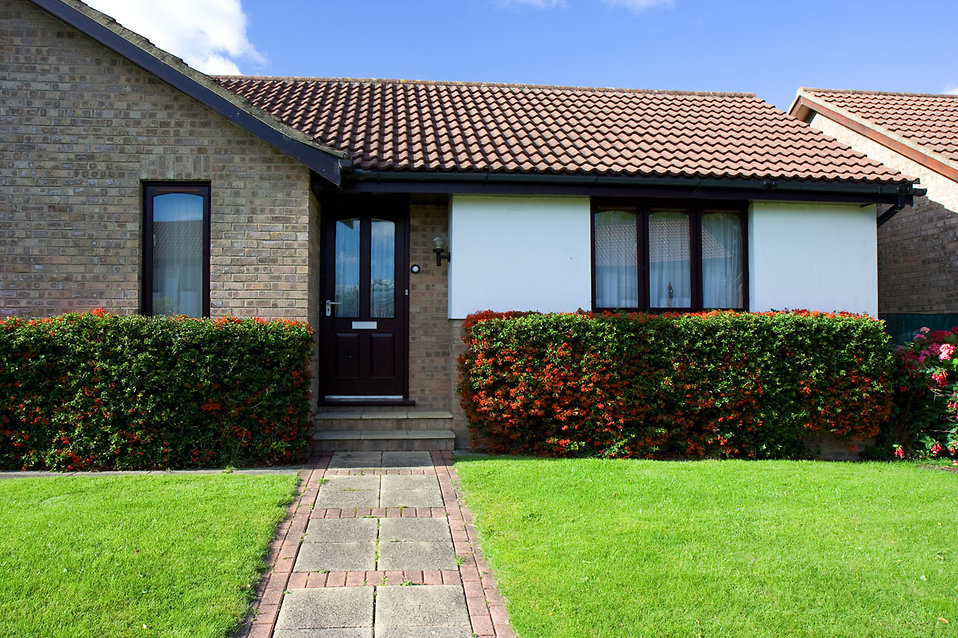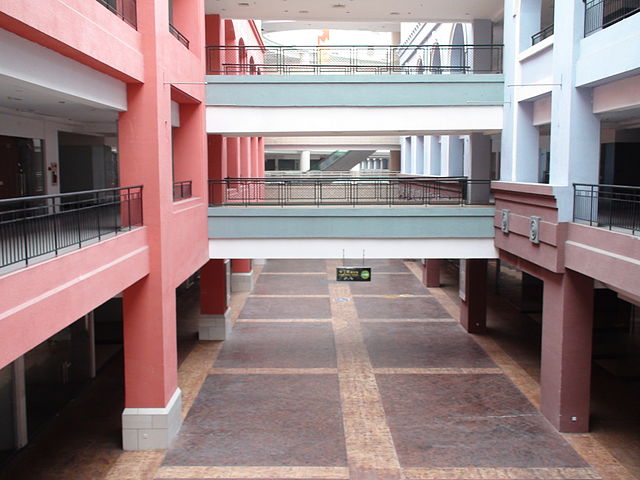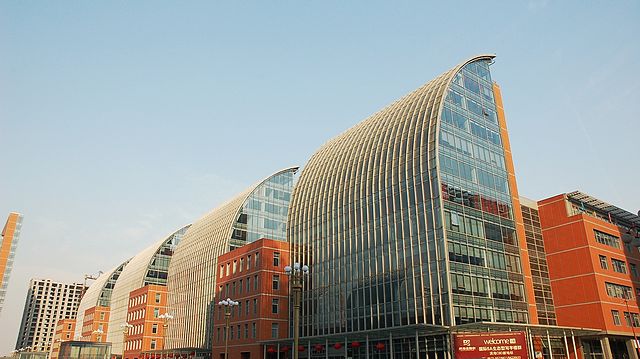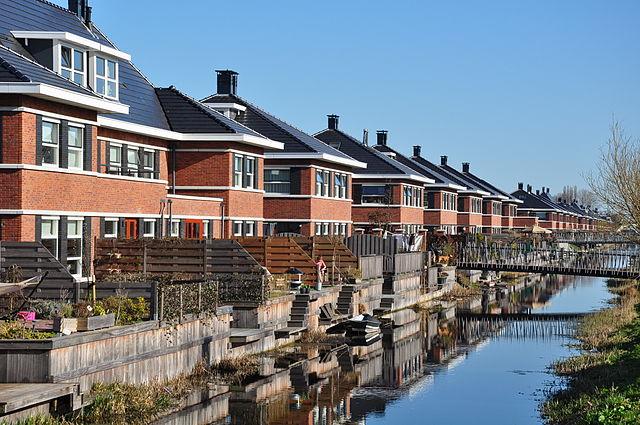Investing in property is a great way to increase your net worth and secure a reliable income for yourself for many years to come. Deciding on what type of property to invest in can be a difficult decision as there are many different options available. One of the main things to consider is whether to invest in commercial or residential property and which one will be better suited for your needs. Most people tend to lean towards residential property when investing as the buying process may seem simpler than that of commercial property. However, commercial property investment does offer some advantages over residential property, and the following guide will help you decide which one is right for you.
Initial Cost
Commercial properties tend to be more expensive than residential homes, and large office blocks or industry buildings can cost millions of pounds. According to the British Property Foundation, a collective investment scheme that allows several investors to pool their resources to purchase more expensive property is a popular method for commercial investment. If you require a mortgage from a bank or building society in order to purchase commercial property, then the down payment will be significantly larger than that of a residential property. Most lenders will let you borrow up to 90% of the value of a residential property, whereas most will lend only 40% of the value of commercial properties. On the plus side, commercial properties often command much larger rents than residential homes. For more information on specialized mortgages for buy-to-let properties, you can use the Fulfords website link.
Maintenance
Tenants in commercial properties are usually responsible for all the maintenance costs for the running of their building including landscaping, cleaning, annual safety inspections and general care and maintenance. Residential tenants only pay for utilities such as gas, water and electricity as well as council tax. Residential property owners are responsible for the care and upkeep of their property except in the case of damage caused by a tenant. Property owners must also replace faulty boilers, insulate the building, and ensure the property meets all health and safety regulations. According to Shelter, landlords are also responsible for the structure of the building as well as any repairs to roofs, doors and windows.
Value Over Time
One of the biggest advantages of investing in residential property is that your investment will most likely increase in value over time. Properties with a lot of land are the best investments as land increases in value over the years, whereas buildings depreciate. Tenants may also decide to carry out minor renovations such as new floors, a pool and landscaping that will add to the value of your property. Commercial properties usually have a low land-to-building ratio so will depreciate in value as the building gets older. However, having a tenant will automatically increase the value of a commercial property as each property is valued according to the amount of income it produces.
Finding Tenants
Once you have the keys to your new property, you will need to start searching for tenants. Finding tenants for rental properties is fairly easy even if the property is in a rural location. However, finding the right tenant can be difficult, and most renters require a tenancy agreement of no more than one or two years. You may need to advertise your property for rent every few years and arrange viewings, or you can choose to pay an estate agent to take care of the work for you. Commercial leases tend to be much longer than those used for residential properties, meaning you will not have to constantly worry about finding a new tenant. Commercial tenants often spend money on renovating the property to suit their needs, so will stay longer to see a return on their investment. However, commercial properties are more difficult to let, so you may have to cover any expenses yourself while you find a tenant.
Both residential and commercial property offer excellent investment opportunities for those looking to secure a reliable income for the future. The type of property you should invest in depends on how much money you have for a down payment, how much rent you wish to charge per month and how much work you are willing to put into the care and maintenance of your building. There are many finance options available for landlords for both residential and commercial property, and your local bank or building society can give you more information on the best finance package for you.
Lydia O’Brien is part of a team that handles a diverse property portfolio and she enjoys sharing her investment insights with an online audience. Lydia writes frequently for several property-related websites.




